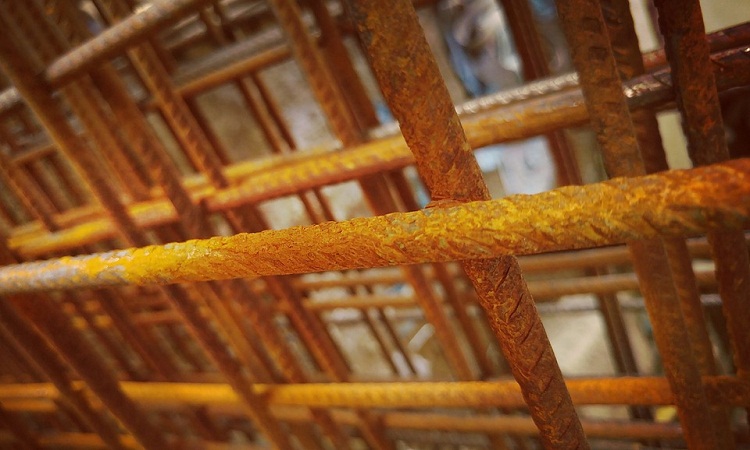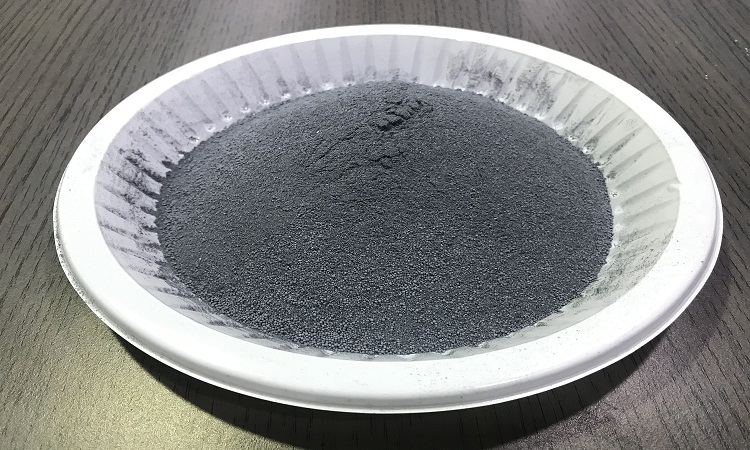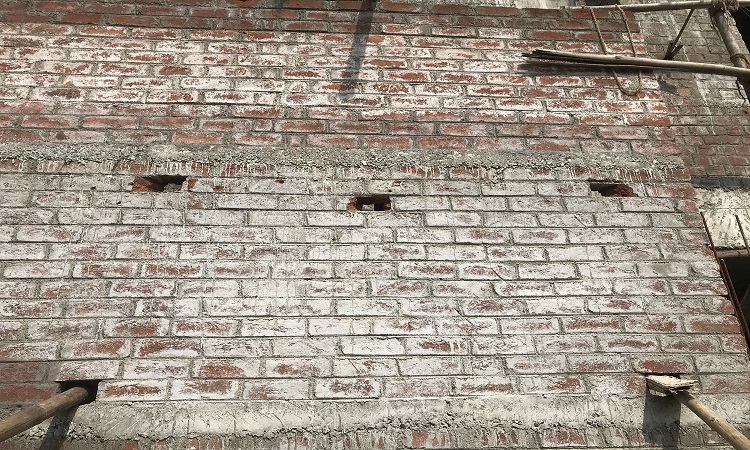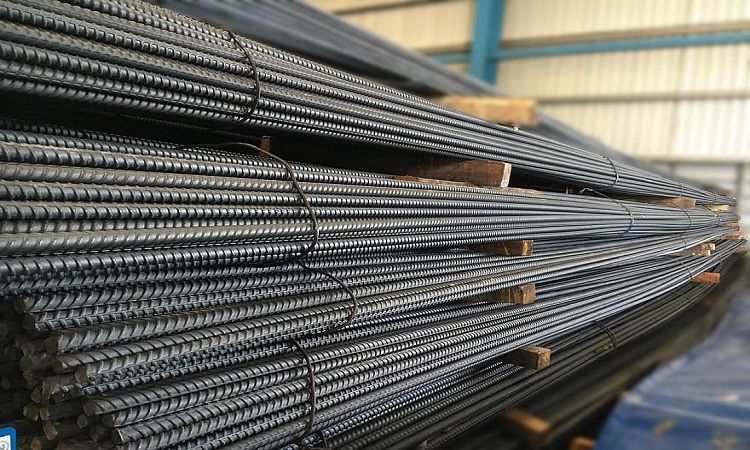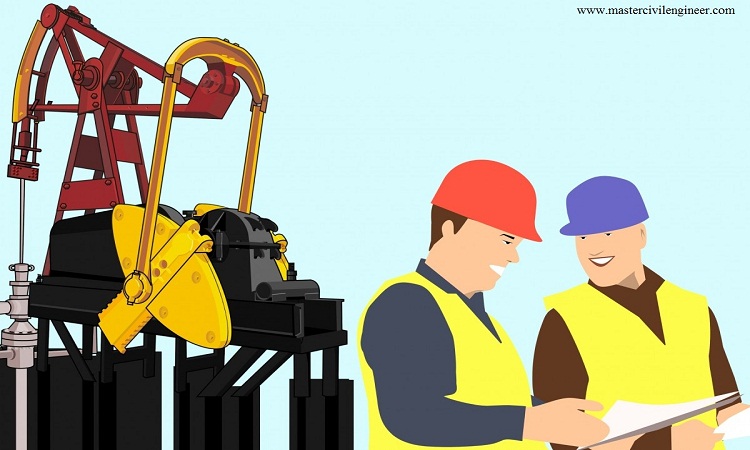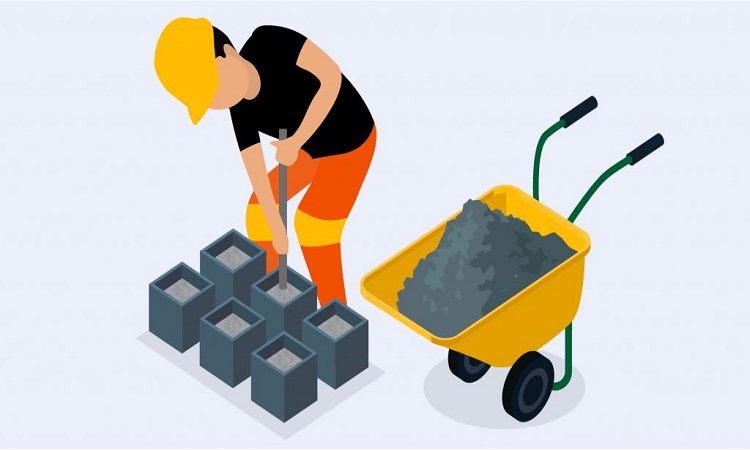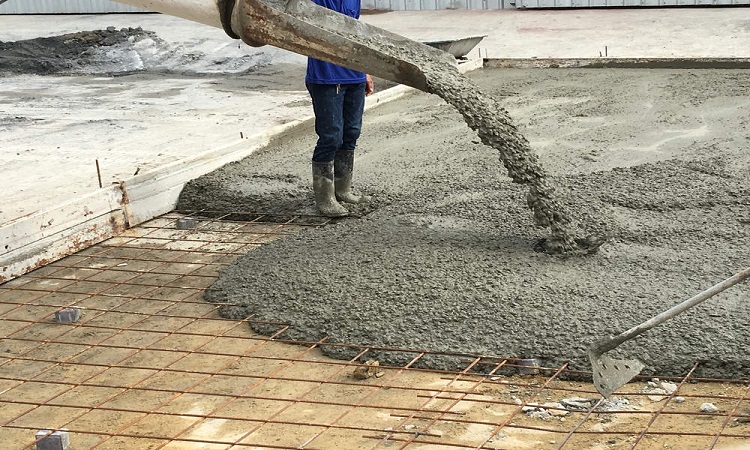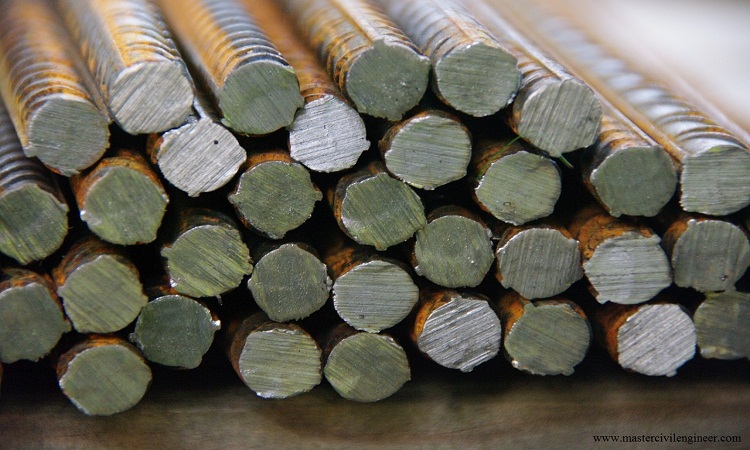Reinforcing steel has to satisfy some basic requirements to efficiently perform in concrete structures. The durability of the reinforced concrete structures will greatly depend on the basic requirements. A few of them are as given below. Tensile strength Bond strength Ductility Bendability Weldability Fatigue strength Corrosion resistance Fire resistance Tensile…
What is Silica Fume? Its Advantages and Disadvantages
Silica fume is a byproduct from the production of elemental silicon or alloys containing silicon in electric arc furnaces. At a high temperature of 2000oC (approx) the reduction of high-purity quartz to silicon produces silicon dioxide vapor, which condenses at low temperatures and oxidizes to produce silica fume. Silica fume…
Efflorescence – Its Causes and Treatment in Brick Masonry
Efflorescence is a deposit of water-soluble salts formed on the surface of brick masonry and concrete due to the movement of water through pores. When water gets evaporated, efflorescence is formed as the dissolved salt gets deposited on the surface. Causes of Efflorescence The condition in which efflorescence occurs is…
Reinforcement Steel – Bar Types, Site Storage, Cutting and Bending
Reinforcement plays a very important role in construction; it takes most of the tensile forces which are faced by reinforced concrete structures while concrete takes care of the compressive loads. Reinforced concrete construction (RCC) faces several types of environmental attacks during its lifetime. Chemicals like sulfates and carbonate attack the…
Construction Site Inspection
Construction inspection is usually carried out as a contractual responsibility performed by the contractor to provide the client or a third party an independent view of the construction works and their progress. The usual construction inspection includes the following activity: Inspection of the construction process to make sure that all…
Compressive Strength of Concrete – Cube Test, Purpose, Equipment, and Procedure
The compressive strength of the concrete cube test provides an idea about the characteristics of concrete. By this compressive strength test judge that whether concreting has been done properly or not. Concrete compressive strength for general construction varies from 15 MPa to 30 MPa and higher in commercial and industrial…
Parameters Affecting Compression Strength of Concrete
The most common test hardened concrete is to test its compressive strength at a particular period of time, from the time of casting the concrete cubes. The concrete strengths are generally specified by compressive strengths and the structural design is worked out on that basis. It is very important for…
TMT Reinforcement Bars In RCC Construction Basic Guidelines
The use of RCC construction is increasing day by day. In fact, concrete is the globally largest consumed material only next to the water. With the increasing height of structures, buildings, chimneys, cooling towers, there is a substantial increase in steel reinforcement per cum of concrete. Unfortunately, in India, many…
